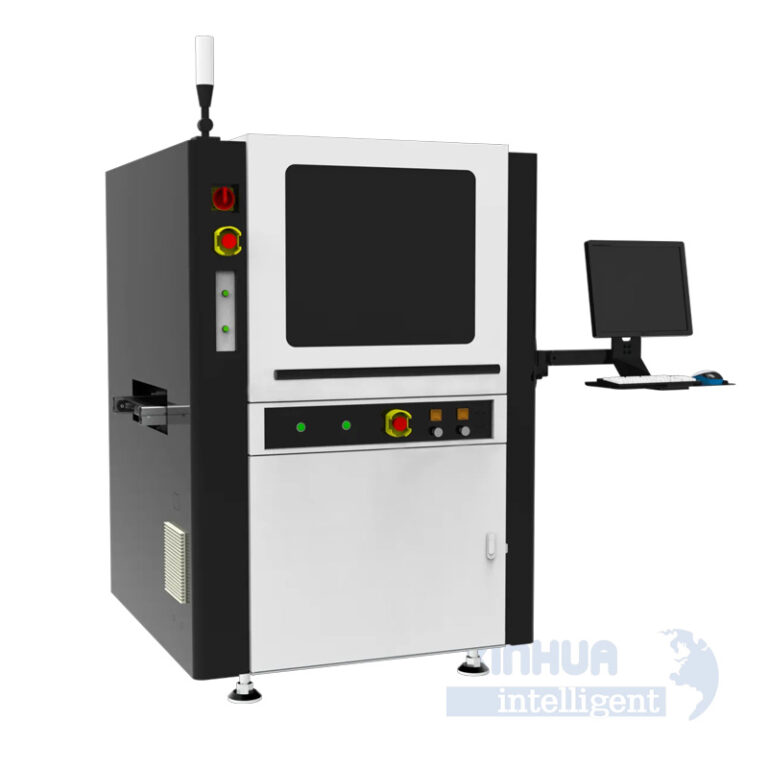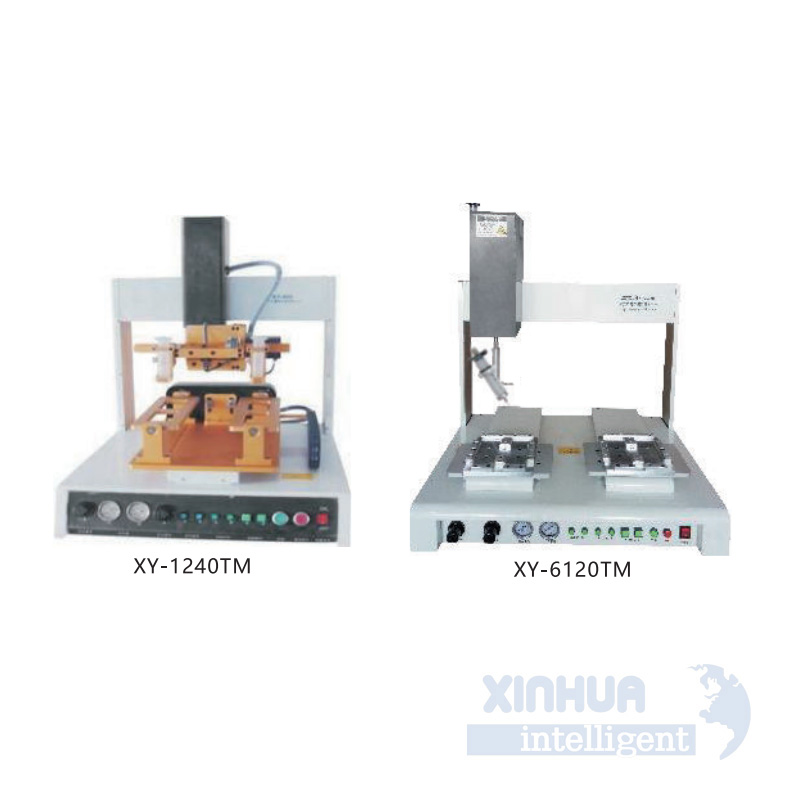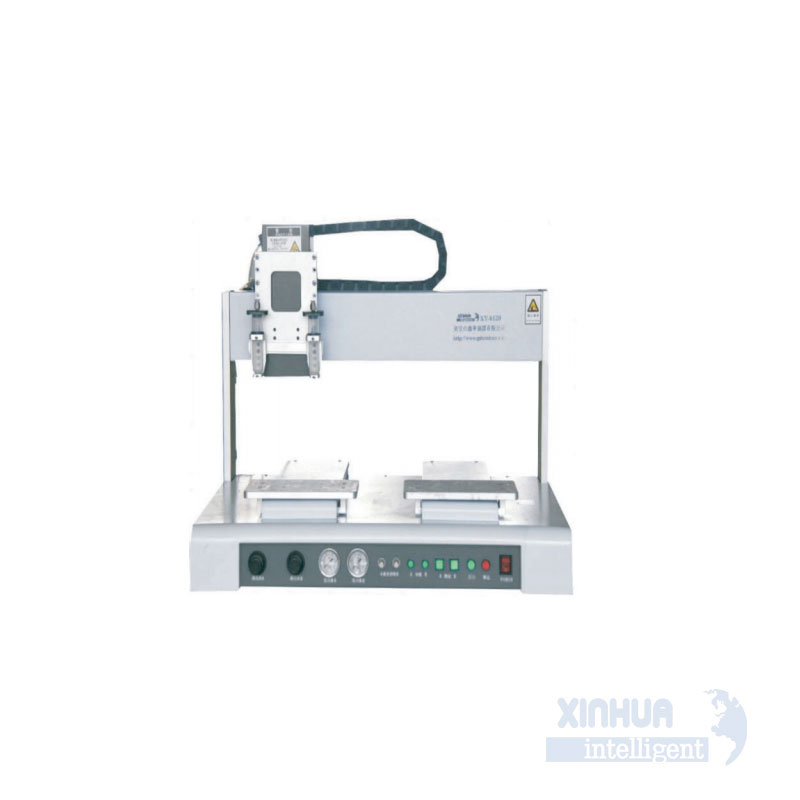
Unlocking Efficiency: The Rise of Intelligent Storage Shelves in Modern Logistics

In the rapidly evolving landscape of supply chain and warehouse management, efficiency, accuracy, and speed are no longer just advantages—they are expectations. As businesses strive to meet growing consumer demands and optimize operational performance, traditional storage systems are proving inadequate. Enter the intelligent storage shelf—a game-changing innovation that combines automation, data analytics, and real-time inventory control to redefine how goods are stored, retrieved, and managed.
For professionals in logistics, warehousing, retail, and manufacturing, understanding the potential of intelligent storage shelves is essential. This article explores the common challenges associated with conventional shelving systems, presents practical and technical solutions through intelligent storage technologies, showcases real-world applications, and concludes with a forward-looking perspective on adoption strategies.
—
1. Common Pain Points or Challenges in Traditional Shelving Systems
Despite their widespread use, traditional static shelving systems come with several limitations that can hinder productivity and scalability:
A. Inefficient Space Utilization
Traditional shelves often underutilize vertical space due to fixed configurations and manual access constraints. In densely packed warehouses, this leads to wasted square footage and increased facility costs.
B. Manual Inventory Management
Most legacy systems rely on human labor for stock tracking, replenishment, and retrieval. This increases the likelihood of errors, misplacements, and delays—especially during peak demand periods.
C. Slow Order Fulfillment
Manual picking processes are time-consuming and prone to bottlenecks. Workers spend significant time traveling between aisles and searching for items, reducing overall throughput.
D. Limited Real-Time Visibility
Without integrated sensors or digital tracking, it’s difficult to maintain accurate, real-time inventory levels. This lack of visibility can lead to overstocking, stockouts, and poor forecasting.
E. Scalability Issues
Expanding operations often requires physical restructuring of storage layouts, which can be costly and disruptive. Traditional systems aren’t easily adaptable to changing product lines or seasonal fluctuations.
These pain points not only impact operational efficiency but also directly affect customer satisfaction and business profitability.
—
2. Practical and Technical Solutions Through Intelligent Storage Shelves
Intelligent storage shelves address these challenges by integrating advanced technologies such as IoT (Internet of Things), AI (Artificial Intelligence), robotics, and cloud computing. These smart systems offer dynamic, automated, and data-driven storage capabilities.
A. Automated Storage and Retrieval Systems (AS/RS) Integration
Modern intelligent shelves often work in tandem with AS/RS, where robotic arms or shuttles automatically store and retrieve items based on system commands. This minimizes human intervention, accelerates order fulfillment, and reduces labor costs.
B. Smart Sensors and RFID Technology
Embedded sensors and RFID tags enable real-time inventory tracking. Each item’s location, quantity, and movement are recorded and updated instantly in the central database, providing full transparency across the supply chain.
C. Dynamic Slotting Optimization
AI-powered algorithms analyze sales trends, product velocity, and order frequency to dynamically adjust storage locations. High-demand items are placed closer to picking stations, optimizing workflow and reducing travel time.
D. Vertical and Compact Design
Intelligent shelves maximize vertical space through compact, multi-tiered designs. Some systems even feature rotating or mobile shelving units that move on rails, eliminating the need for wide aisles and significantly increasing storage density.
E. Seamless Integration with WMS and ERP
These systems interface seamlessly with Warehouse Management Systems (WMS) and Enterprise Resource Planning (ERP) platforms. This integration ensures synchronized inventory data, streamlined operations, and better decision-making.
F. Predictive Maintenance and Self-Diagnostics
Equipped with self-monitoring capabilities, intelligent shelves can detect mechanical issues before they cause downtime. Alerts are sent to maintenance teams via mobile apps or dashboards, ensuring proactive repairs and minimizing disruptions.

By addressing inefficiencies at every level, intelligent storage shelves deliver a scalable, future-ready solution for modern warehousing and logistics environments.
—
3. Real-World Applications Across Industries
The versatility of intelligent storage shelves makes them applicable across a wide range of industries. Below are some notable examples:
A. E-commerce Fulfillment Centers
E-commerce giants like Amazon and Alibaba have revolutionized order processing using intelligent storage systems. Automated picking robots navigate dense shelving units, bringing products directly to human packers. This model drastically improves pick rates and reduces delivery times.
B. Pharmaceutical Warehouses
In pharmaceutical distribution, where accuracy and traceability are critical, intelligent shelves ensure proper handling of temperature-sensitive medications and controlled substances. RFID-enabled tracking guarantees compliance with regulatory standards.
C. Automotive Manufacturing
Automotive plants utilize intelligent shelves to manage vast inventories of parts and components. Just-in-time (JIT) inventory systems benefit from real-time tracking and automatic replenishment, reducing downtime on production lines.
D. Retail Distribution Centers
Retail chains are adopting intelligent shelving to support omnichannel strategies. With real-time inventory visibility, stores can better manage online orders, returns, and local stock availability, enhancing the customer experience.

E. Libraries and Archives
Beyond commercial applications, intelligent storage systems are being used in academic and public libraries. Robotic retrieval systems allow for secure, high-density storage of books and documents while improving accessibility for users.
These case studies illustrate how intelligent storage shelves are not merely an incremental improvement but a transformative force reshaping entire industries.
—
4. Conclusion: Embracing the Future of Storage with Xinhua Intelligent
As we’ve explored, intelligent storage shelves offer a powerful solution to the inefficiencies and limitations of traditional storage systems. From optimizing space utilization to enabling real-time inventory tracking and accelerating order fulfillment, the benefits are clear and measurable.
For businesses looking to stay competitive in today’s fast-paced market, investing in intelligent storage technology is no longer optional—it’s imperative. However, successful implementation requires choosing the right partner with proven expertise, reliable technology, and a commitment to innovation.
Xinhua Intelligent, a leader in smart storage and logistics solutions, offers cutting-edge intelligent shelf systems tailored to meet the unique needs of diverse industries. With comprehensive support—from system design and installation to ongoing maintenance and optimization—Xinhua empowers organizations to unlock new levels of efficiency and scalability.
If you’re ready to transform your storage operations and elevate your logistics performance, take the next step today.
👉 Contact Xinhua Intelligent to schedule a consultation and discover how our intelligent storage solutions can drive growth and innovation for your business.
—
Transform your warehouse. Empower your operations. Lead the future of logistics.
